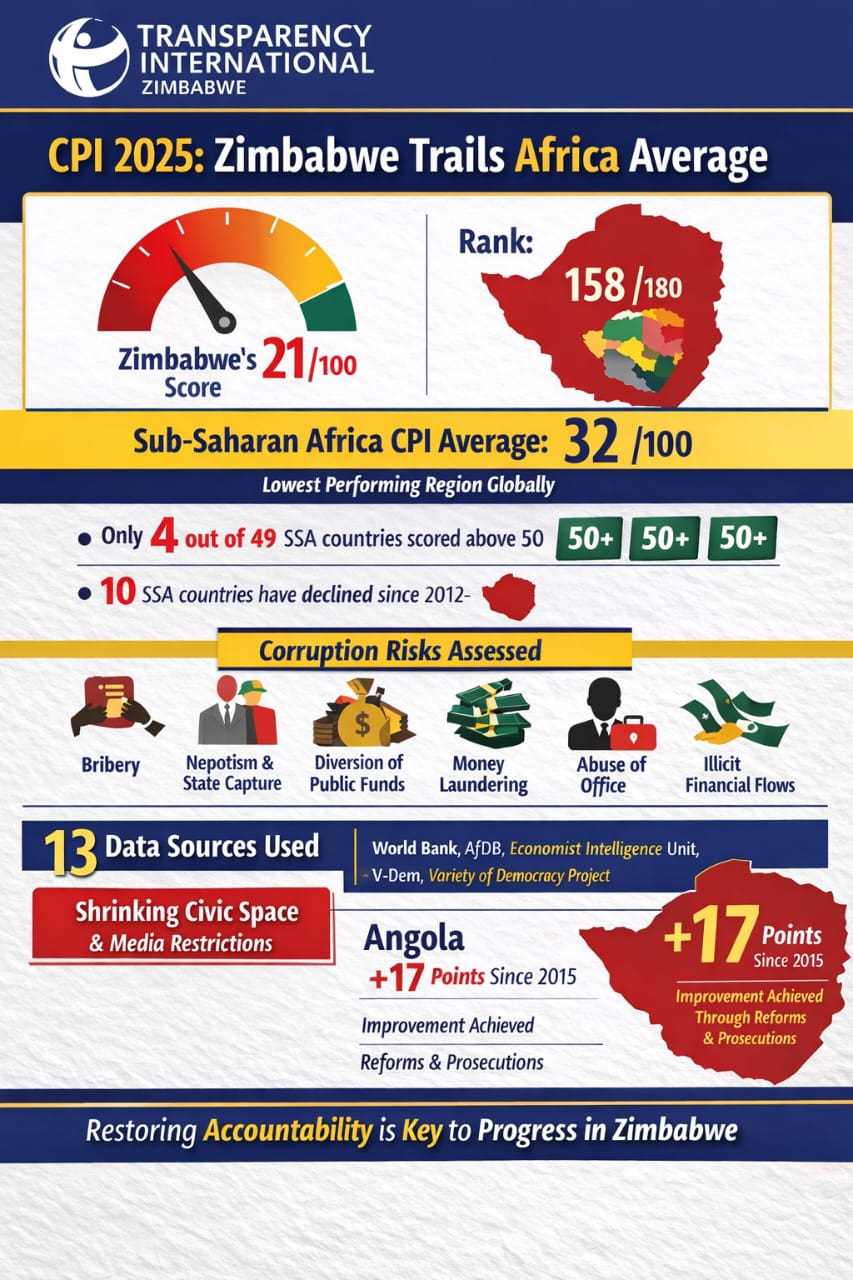
Finance Minister Professor Mthuli Ncube has called for Zimbabwe to transition to a 24-hour economy, arguing that it could significantly boost productivity, create jobs, and attract investment.
Speaking at the Zimbabwe Economic Development Conference, Ncube highlighted the country's underutilised night-time electricity as a key resource for this economic shift.
The Minister’s proposal suggests that a round-the-clock economy would fully harness existing infrastructure, including electricity that currently goes unused overnight.
He noted that the concept is already a reality in many parts of the informal sector. "Informal traders in cities like Bulawayo, Harare, and Gweru are already demonstrating the potential of a 24-hour economy," Ncube said.
"They are generating up to US$50 nightly through trade with bus passengers and taxi services."
Related Stories
Ncube identified several key sectors that stand to benefit from extended operating hours, including logistics, healthcare, fast food, hospitality, and entertainment.
He also mentioned the potential for sports under lights, citing cricket matches at Queens Sports Club as an example of stimulating the evening economy.
"A 24-hour economy would stimulate growth, attract investment, and most importantly, create jobs for our people," Ncube said.
The move aligns with the government’s broader efforts to modernize the economy and improve the ease of doing business in Zimbabwe.
The transition, he added, would require policy and infrastructure changes, including improved street lighting and enhanced security, to ensure a safe and conducive environment for night-time activities.
















Leave Comments